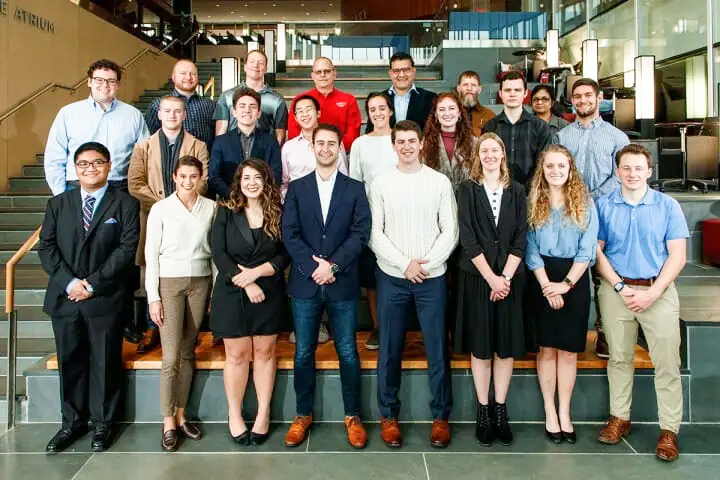For the first time in school history, Liberty University students accepted an invitation to submit research at the Harvard National Collegiate Research Conference and present it in sessions that ran from Jan. 21 to Jan. 23.
Several Liberty students submitted research, and Harvard accepted 23 of them as presenters. In past years, Harvard held the NCRC in person on the university’s campus, but the conference took place online this year due to COVID-19. Students from all academic disciplines had the opportunity to submit research.
“Some of these students (have) history papers that they’ve written and gotten accepted based on their humanities research. Others of them are engineers, others of them are biology, chemistry students,” Associate Director for the Center for Research & Scholarship Darren Wu said, “(This conference) covers every aspect of the school and all disciplines.”
In a typical research conference, research presentations consist of poster and oral sessions. The Harvard NCRC also offered three plenary sessions where the plenary speakers, who are researchers receiving special distinction, presented their research to a large audience.
“It’s a way for the professional academic community to not only network with other institutions that might be doing research in those areas but also to disseminate the knowledge that they’ve discovered from their research and scholarship,” Wu said.
The Harvard NCRC holds the title of “largest student-run research conference in America” according to its website. Due to its size, the conference offers a great opportunity for passionate researchers to share their research in a prestigious field. Additionally, it should also bring more awareness to Liberty’s reputation as a university.
“There’s a really high level of prestige associated with this simply because it’s Harvard,” Wu said.
Each conference has an acceptance rate describing how likely they are to accept a research submission. Due to the ratio of undergraduate students who submitted research to those who were accepted by the conference, Wu believes the Harvard NCRC has a fairly competitive acceptance rate.
Brent Schulinger, a senior studying national security and one of the accepted students, reviewed U.S. policy in the Middle East for his research.
“Research and foreign policy are two of my passions, and the opportunity to do both while representing Liberty University was a blessing from God,” Schulinger said. “I have a deep desire to represent Christ in these fields and excellence in research is one way to do so.”
Students invested large amounts of time and effort to put together their research. For Schulinger, his faculty advisor, professor Scott Roenicke, served as an invaluable resource for feedback and insight during the preparation phase.
Wu also gives credit to the incredible work of the students and faculty advisors who support students in their research again and again.
“Day in and day out, year after year, they’re the faculty members that are pouring into these students,” Wu said.
Students interested in learning more about research opportunities at Liberty can visit liberty.edu/center-for-research-scholarship/.
Kamman is a news reporter.
